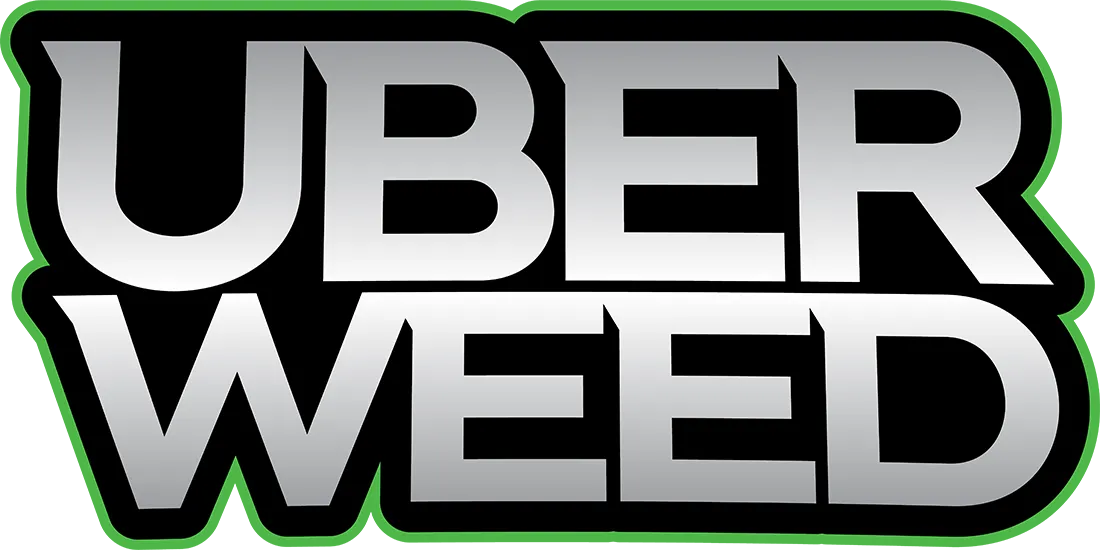Cannabis Wiki
Cannabis Legalization in Canada
On October 17, 2018, Canada became the first country in the world to legalize marijuana consumption by adults. It was simply the second nation on earth (after Uruguay, which permitted cannabis use in 2013). Georgia and South Africa have also decriminalized its usage.
The United States has yet to legalize marijuana at the federal level, despite the fact that it has been a headline-grabbing issue in many states. However, 15 states (including Washington, Oregon, and California) as well as the District of Columbia have fully legalized cannabis in the United States.
It has been demonstrated in countries and states where marijuana has been legalized that the legalization of cannabis has several economic benefits. In fact, many of Canada’s most successful businesses are based in the legal cannabis market. Many analysts in the legal cannabis sector anticipated that because to Canada’s legalization initiatives, the country would have a distinct competitive advantage when it came to earning financial rewards, and these expectations have proven correct for Canada.
However, it’s vital to remember that the Canadian legalization process was not easy. We’ll go through some of the finer points of Canada’s legalization procedure in this section.

Multiple Sets of Rules
While certain regulations are prescribed at the federal level, Canada’s 13 provinces were granted substantial autonomy to establish their own rules, as one of the most essential aspects of the country’s marijuana legalization process. This implies that things like where customers may buy marijuana are decided differently depending on where they reside in Canada.
Ontario, which is Canada’s most populous province, offered for privately-owned cannabis shops to open on April 1, 2019. Initially, consumers in British Columbia had only a single government-run store to rely on for their in-person cannabis transactions, but more than 100 private businesses also applied for permits. After municipal approval further defined how cannabis may be acquired and sold, there are currently over 200 private sector dispensaries in BC.
Saskatchewan was first to legalize cannabis, but it limited each person’s capacity to establish a marijuana store to only one. Saskatchewan legalized 51 privately owned dispensaries from the start of legalization, whereas Ontario rejected these businesses in favor of government-owned shops. While most jurisdictions have given permission for new private sector marijuana businesses to open, by province, Quebec has one of the lowest rates of cannabis stores per capita in Canada.
Customers will not be able to anticipate the procedure for obtaining cannabis products when they migrate or travel across provincial boundaries. This will also have a significant influence on businesses that operate in each of the provinces; it’s hard to imagine a retailer focusing on an area where only government-run shops are allowed to operate, for example.
Product Roll-Out
Only oils, seeds, flowers, and marijuana plants were accessible as of July 1. In 2019, edibles, concentrates, and other related items were introduced. Other goods in development, including lotions and cosmetic products, are still controlled by laws in Canada.
Government’s Role
The role of Canada’s government in the various regulatory measures that govern cannabis legalization is a major concern for Canadian cannabis companies of all types, as well as investors in those firms. Online sales are also permitted via the regulations, which include physical storefronts. Some jurisdictions allow governments to operate dispensaries, functioning as intermediaries between LPs and customers by allowing them to regulate the supply of cannabis goods.
The Canadian government’s attitude toward cannabis sales has changed over time, as it is bound to do. For example, in 2020, the provincial government of British Columbia modified rules so that private cannabis shops could sell non-medical cannabis items online for pick-up in-store. Customers previously had the option of booking items online but were required to pay in person.

Separate Legal Questions
There are several other legal issues surrounding cannabis use in Canada. Prior to the passage of legalization, it was uncertain how people previously convicted of cannabis-related infractions would be handled after its implementation. The government rejected a proposal to have records for possession erased entirely. Instead, they passed a version of the pardon—a “record suspension” —to allow individuals to clear their criminal records.
In most cases, the Public Prosecution Service of Canada will allow applicants to submit their completed forms and pay the $631 fee on or before May 2. In addition to cannabis-related offenses, this procedure is accessible for other crimes; however, there is no waiting period and applicants are not required to pay the $631 fee. Approximately 250,000 Canadians have records related to simple marijuana possession.
The legal minimum age to buy cannabis differs from province to province, posing several difficulties. While the permitted age for marijuana intake is 19 in most jurisdictions, there are exceptions. On January 1, 2020, the legal age in Quebec will be 21 years old. The acceptable age to buy marijuana in Alberta is 18 years old.
Several distinct federal and provincial laws also exist, prohibiting or restricting where cannabis can be consumed. For example, in some states, it is unlawful to smoke marijuana in public. Other jurisdictions, on the other hand, allow cannabis use inside areas where cigarettes are permitted.
The Bottom Line
In Canada, the cannabis industry has a lot of potential. Marijuana businesses in Canada have seen significant development in recent years. In some situations, investors should be wary of the hype, and caution is probably the wisest course of action. However, like any other firm, marijuana firms publish their financial results. This is where the real proof of their success lies beyond the hype. Many of the early issues in the business have already been resolved over time.


